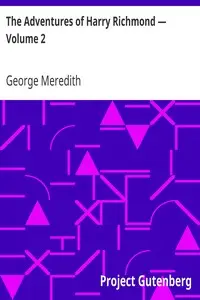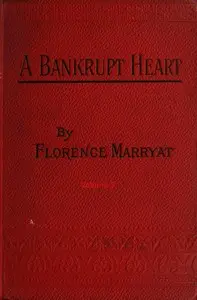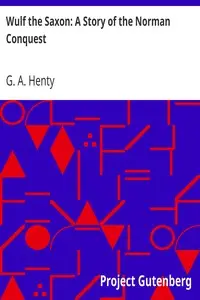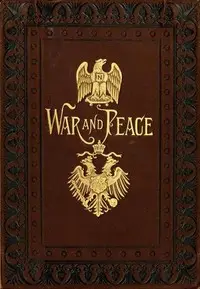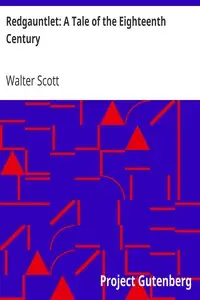"Vittoria — Complete" by George Meredith is a historical novel written during the mid-19th century. The story takes place against the backdrop of the Italian Risorgimento, a period of social and political upheaval aimed at unifying Italy. The narrative includes a diverse cast, notably focusing on characters like Carlo Ammiani, an idealist fighting for Italy's freedom, and the titular character, Signorina Vittoria, a strong-willed cantatrice with ties to the movement. At the start of the book, the scene is set on Monte Motterone, where a group of five Italians climbs to enjoy the breathtaking view of the Lombard plain. During their ascent, they discuss the political climate of the time, including the looming involvement of King Charles Albert in the national struggle. The characters are introduced with rich descriptions, revealing their personalities and motivations. The narrative hints at a brewing conspiracy for revolution, with Agostino, an experienced elder, leading the discourse, while Vittoria's impending connection to a significant event in Milan is foreshadowed through a gathering of revolutionary figures discussing plans that depend on her public performance. The detailed prose paints a vivid picture of the landscape and the characters, establishing a foundational tension between personal aspirations and the larger nationalistic cause. (This is an automatically generated summary.)

Vittoria — Complete
By George Meredith
"Vittoria — Complete" by George Meredith is a historical novel written during the mid-19th century. The story takes place against the backdrop of the ...
George Meredith was an English novelist and poet of the Victorian era. At first, his focus was poetry, influenced by John Keats among others, but Meredith gradually established a reputation as a novelist. The Ordeal of Richard Feverel (1859) briefly scandalised Victorian literary circles. Of his later novels, the most enduring is The Egoist (1879), though in his lifetime his greatest success was Diana of the Crossways (1885). His novels were innovative in their attention to characters' psychology, and also portrayed social change. His style, in both poetry and prose, was noted for its syntactic complexity; Oscar Wilde likened it to "chaos illumined by brilliant flashes of lightning". Meredith was an encourager of other novelists, as well as an influence on them; among those to benefit were Robert Louis Stevenson and George Gissing. Meredith was nominated for the Nobel Prize in Literature seven times.




